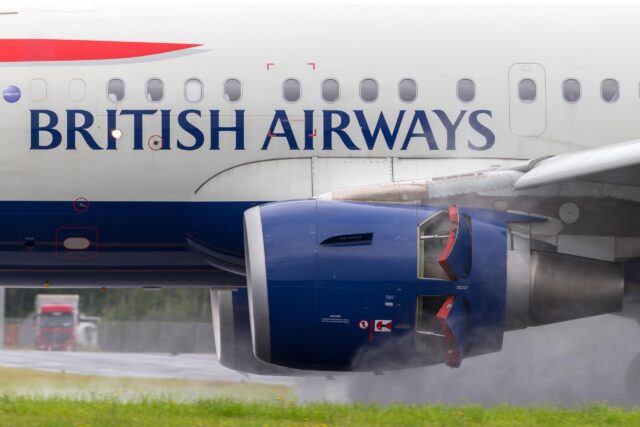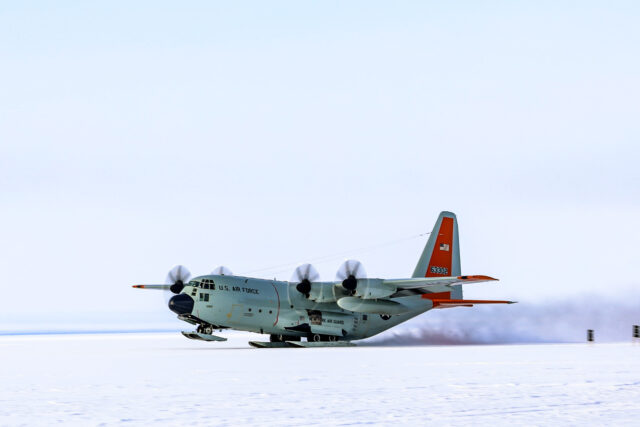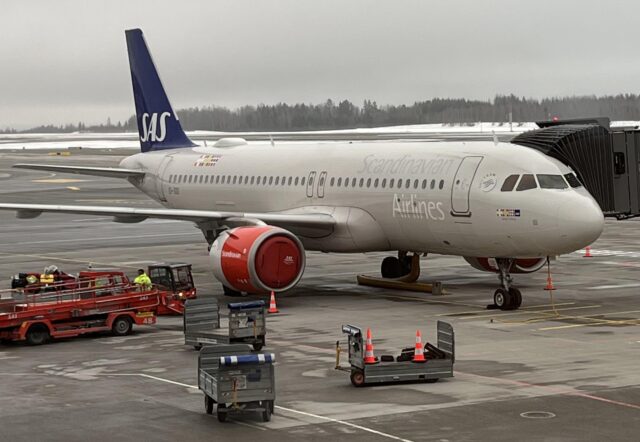What are your rights if the airline switches planes and you don’t get the seat you paid for?

November 1, 2025

When an airline replaces the aircraft on your flight, you might find yourself sitting somewhere entirely different from where you expected – sometimes losing the exact seat you carefully selected and paid for.
For travellers, this raises an important question: what passenger rights do you actually have when an aircraft swap disrupts your seat choice?
What your ticket really covers
When you purchase a ticket, you are paying for transportation between two destinations in a specific travel class – economy, premium economy, business or first – not for a specific seat or aircraft model.
Even when you pay extra fees for seat selection, airlines’ terms and conditions typically allow them to change seating for “operational, safety or security reasons.”
This means that even if you’ve paid for seat selection, that exact seat is still not guaranteed. All the airline can do is assure you a seat within your booked cabin class.
In most cases, the airline meets its contractual obligation as long as you travel in that same class.
Why airlines change aircraft
Aircraft substitutions are a routine feature of airline operations, brought about by maintenance needs, scheduling pressures or shifting passenger demand. With UK airports seeing record passenger traffic, aircraft swaps are fairly common.
Fleet planners often reassign aircraft to keep services on time and optimise capacity. The trade-off is that seat layouts can change, meaning the seat you chose originally might not exist in the replacement aircraft cabin.
If you lose the seat you pay for
If you’ve paid extra for a particular seat, such as an exit row or extra-legroom option, and the airline changes the aircraft so that seat no longer exists, you’re generally entitled to a refund of the seat-selection fee. UK carriers such as British Airways and easyJet include this refund right in their terms.
However, this only covers the seat selection charge. It doesn’t entitle you to any additional flight fare refund, because your ticket guarantees carriage in a cabin class, not a specific seat number.

Can you get compensation if the airline switches planes?
Aircraft changes can be inconvenient, but they don’t automatically mean you can claim compensation. Other than a refund of your seat selection fee, you’re generally only entitled to compensation if you’re downgraded to a lower cabin. That’s because airlines are only obliged to carry you in the class you booked, and seat assignments remain flexible.
If your cabin class is downgraded
If the aircraft change leads to a downgrade, for example, from business class to economy, you have stronger protections under UK261 regulations. These are the UK’s retained version of the EU passenger rights rules and apply to flights departing from UK airports or operated by UK-registered airlines.
Under UK261, passengers downgraded to a lower cabin may be entitled to a partial refund of their fare, ranging from 30% to 75% of the affected flight segment, depending on the distance travelled.
The reason for the downgrade, whether operational or not, does not affect your right to reimbursement.
Steps to take if your seat or class changes
If your seat or class changes due to an aircraft substitution, there are several steps you can take to help you get any refunds or compensation.
First, monitor your booking closely, as aircraft swaps can occur at any time before departure. Regularly check your seat allocation via the airline’s website or app, and if your assigned seat is affected, contact the airline promptly to ask for a comparable seat.
Keep detailed records, including emails, seat maps, and payment confirmations, to support your claim. Should your refund or compensation request be denied, you can escalate the matter through the airline’s formal complaints process and, if needed, involve the Civil Aviation Authority (CAA).
Featured image: Heathrow Airport
















